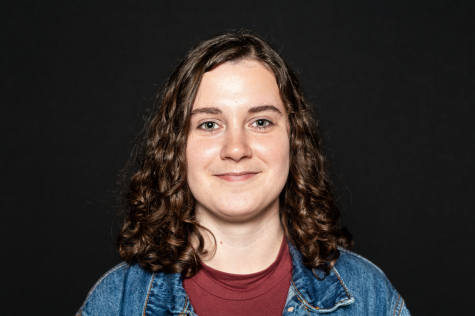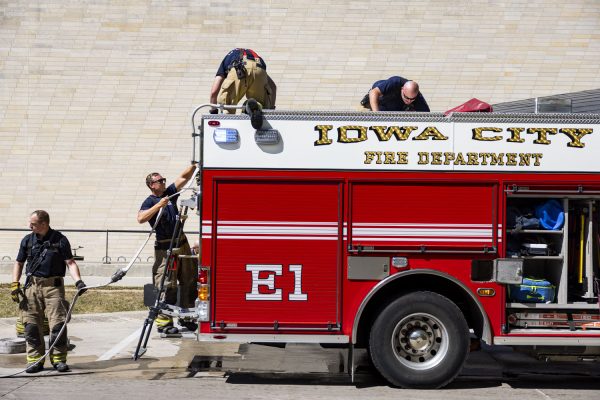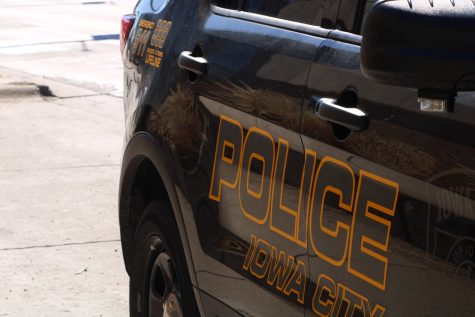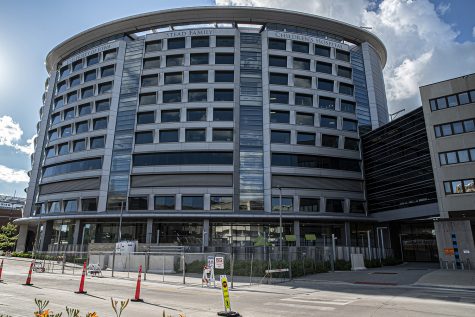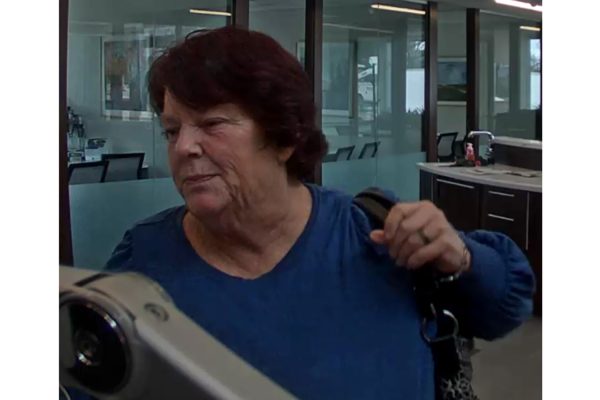Judge moves to delay hearing in Mollie Tibbetts case on suppressing evidence
The hearing, which will determine whether or not Cristhian Bahena Rivera’s confession to the first-degree murder of Tibbetts can be used as evidence in trial, has been delayed until October.
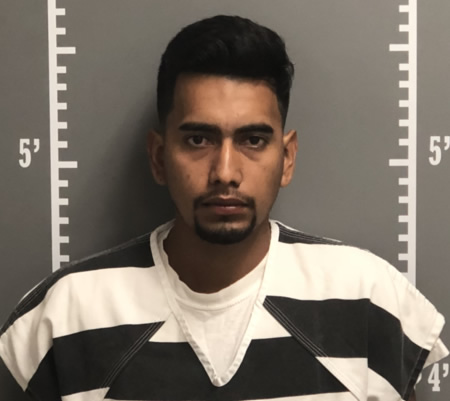
Cristhian Bahena Rivera (contributed)
August 15, 2019
A judge has moved to delay a proceeding in which the court will determine whether or not authorities violated the rights of the man accused of slaying University of Iowa student Mollie Tibbetts.
Attorneys for Cristhian Bahena Rivera filed a motion Wednesday seeking to delay a hearing on the claims scheduled for Aug. 23 because of “the complex nature of the case,” according to the court filings.
Eighth District Judge Joel Yates on Wednesday granted that motion, scheduling the hearing for Oct. 22 and 23, records published Thursday show.
Defense attorneys asked for more time to prepare for the evidence-suppression hearing, including the opportunity to review a 185-page report they received Aug. 11 from a defense expert and possibly secure other witnesses to testify.
RELATED: Man charged in Mollie Tibbetts’ death asks to delay hearing on suppressing evidence
A hearing remains scheduled for Aug. 23 to discuss the defendant’s right to a trial within one year.
Bahena Rivera was charged with first-degree murder in 2018 after leading authorities said he led them to Tibbetts’ body in a cornfield in rural Poweshiek County. Law-enforcement officials have said he confessed to abducting and killing Tibbetts while she was on a run July 18 near her hometown of Brooklyn, Iowa.
Defense attorneys Chad and Jennifer Frese filed a supplemental motion Aug. 8 to support their claims that law-enforcement officials violated the defendant’s rights during questioning.
RELATED: Trial for Mollie Tibbetts homicide suspect delayed
In previous filings, they argued that authorities did not inform Bahena Rivera of his Miranda rights — including his rights to an attorney or to decline to cooperate with authorities — until hours after officials began to interview him. They argued any incriminating statements the defendant made were thus involuntary and should be barred from being used as evidence in trial.
The attorneys argued in the Aug. 8 filings that authorities did not “receive proper affirmation that” Bahena Rivera, an undocumented immigrant from Mexico, understood his rights. They claimed the interpreter whom police provided to translate to Bahena Rivera in Spanish, his native language, “did not meet the requirements” to convey his rights and said his rights were not read to him in their entirety.
A judge will hear those claims at the evidence-suppression hearing in Poweshiek County in October. The trial, which was scheduled to begin Nov. 12, will be in Woodbury County.
Bahena Rivera has pleaded not guilty. He will be sentenced to life in prison if convicted.



